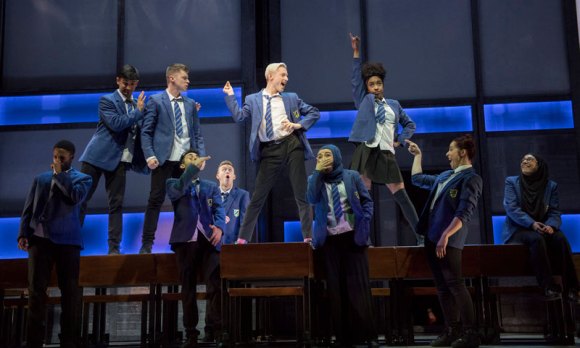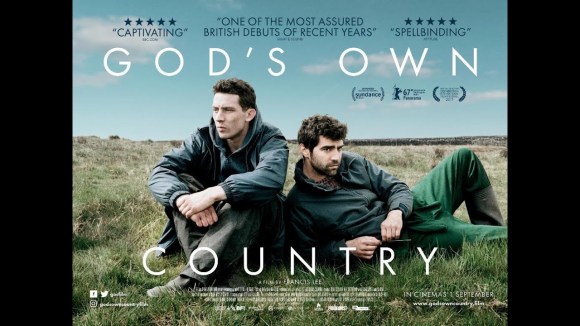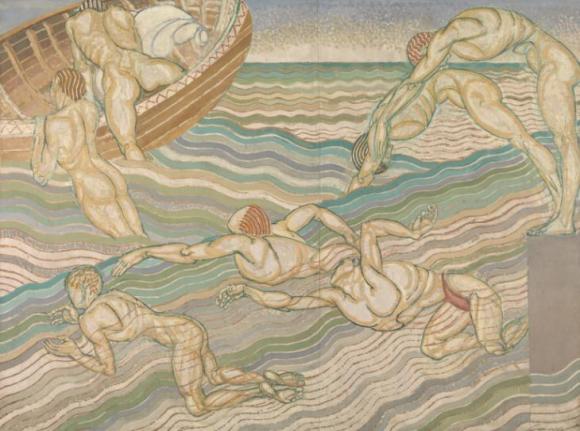
Biographical historical costume drama is a relatively specific genre of movie, but one that is in vogue at the start of 2019, with “The Favourite” and “Stan and Ollie” also getting UK release in January this year. Colette captures the zeitgeist in other ways too, it is about female empowerment, we watch Colette slowly grow in confidence and competence after entering Paris as a young ingenue, the wife of a powerful and authoritarian man about town. The storyline about gender fluidity and sexual freedom is timely too, as her relationship with Missy is treated in an honest and positive manner.
The film is set in Paris and Burgundy at the end of the 19th and start of the 20th Centuries. It concentrates on the early life of Colette, the time of her first marriage, which was to Henry Gauthier-Villars a renowned Parisian socialite. It ends with the publication of the first Colette novel, although she was successful and notorious throughout the rest of her life, she was even nominated for the Nobel Prize for literature in 1948.
The film is lovingly made and the dialogue is beautifully written, Wash Westmoreland obviously cares about Colette and admires her writing, the film is directed in a manner that reflects her style, unhurried and descriptive, although aside from a few double entendre witticisms the film is less racy than her books. Giles Nuttgens is the cinematographer – the rooms, houses and gardens all look lush and inviting. The acting throughout is wonderful. Keira Knightley gives us a great performance in the title role, we watch her grow in courage and independence as the film goes on. Timothy West is brilliant as Willy, her despotic yet hugely charismatic husband. A lovely combination of good writing and good acting makes you understand how this dictatorial man held sway over Colette’s strong personality for so long.
The cast is of the highest quality throughout. Denise Gough is wonderful as the convention defying Marquise de Belbeuf, Missy. She plays the part sympathetically and with gusto. She is shown as a major influence on Colette’s courage and bravura. Jake Graf has a nice cameo as Gaston de Caillavet and Fiona Shaw is lovely as Sido, Colette’s mother.
Colette is a beautifully made and beautifully written biopic about a strong revolutionary woman. It focuses on a specific period of her life and we get the story very definitely from her point of view, however as she herself says in the film “The hand that holds the pen writes history”. The film is uplifting, inspiring and enjoyable.











